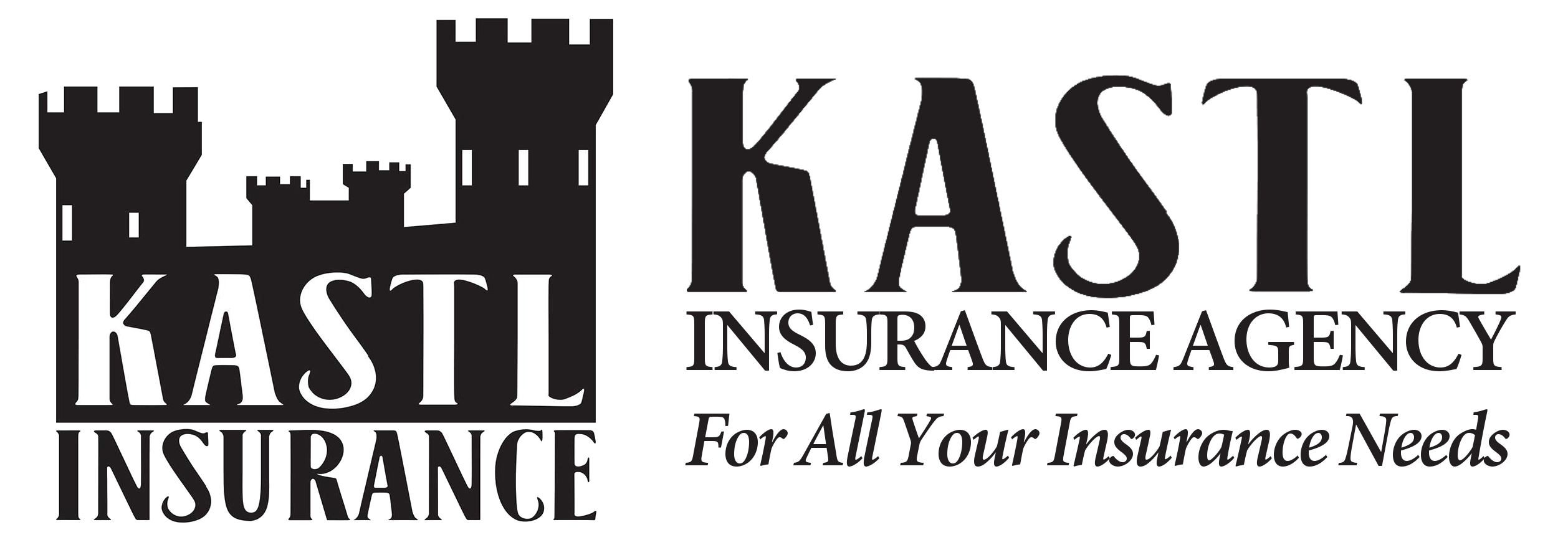
Homeowners insurance also provides liability coverage which protects you, the homeowner, in the event that someone is injured on your property or you are deemed responsible for personal injury or property damage through negligence.
The amount of compensation you receive in a claim, or that the claimant receives from your insurance company when filing a liability claim against you, depends on the limits of your policy.
What does Homeowners Insurance cover?
Homeowners insurance provides coverage for a range of risks that you may face as a homeowner that otherwise can be financially challenging to cover out of pocket. These include:
Property Damage
Damage and destruction to your residence and/or detached structures. You will receive compensation, up to the limits of your policy, if your house or storage shed is damaged due to a covered hazard. Standard covered circumstances include things like fire and vandalism, but other hazards such as earthquakes and floods are excluded. Be sure to check your homeowners policy for exclusions.
Personal Property Loss
Damage or theft of personal property, up to your policy limits for covered circumstances, which typically excludes flooding, earthquakes, and personal negligence. If your personal property is very valuable (such as collectibles or antiques), you’ll likely need additional “riders” or special endorsements on your policy. Be sure to talk with a knowledgeable TAG agent about your personal belongings and valuables, as standard limits may not be adequate to cover a major loss.
Personal Liability
If you, your family member, or even your pet causes an accident, injury or property damage, your homeowners insurance can protect you. Whether the issue requires medical care or repair of property, you will typically have coverage up to your liability limits. There are exclusions, such as aggressive acts against a neighbor, so it is important to fully understand your liability coverage. Be sure to talk with an agent about how to choose adequate policy limits that protect your finances in the event of a lawsuit.
Added Living Costs
If your house is uninhabitable, your homeowners insurance can pay for alternative living arrangements while your home is repaired or rebuilt. Depending upon your homeowners insurance company and the specifics of your policy, this may be included or may be an optional coverage. You will typically have daily and total overall limits for this coverage.
What about Townhouses?
If you own a townhouse, you can insure it with a homeowners insurance policy or an association master policy. Some townhouse associations have master policies, in which case you should purchase a tenant homeowners insurance policy to insure your personal property. Other townhouse associations do not have master policies, which is when you should purchase a homeowners insurance policy for your unit. Check with your association to determine which type of policy you should obtain.
What is Renters Insurance?
Renters insurance coverage protects you and your personal belongings when the worst happens. While you may only be renting your apartment or house, chances are you own most of the stuff in it. While your landlord’s insurance policy on the home typically covers the building structure itself, protecting your valuables comes down to you.

